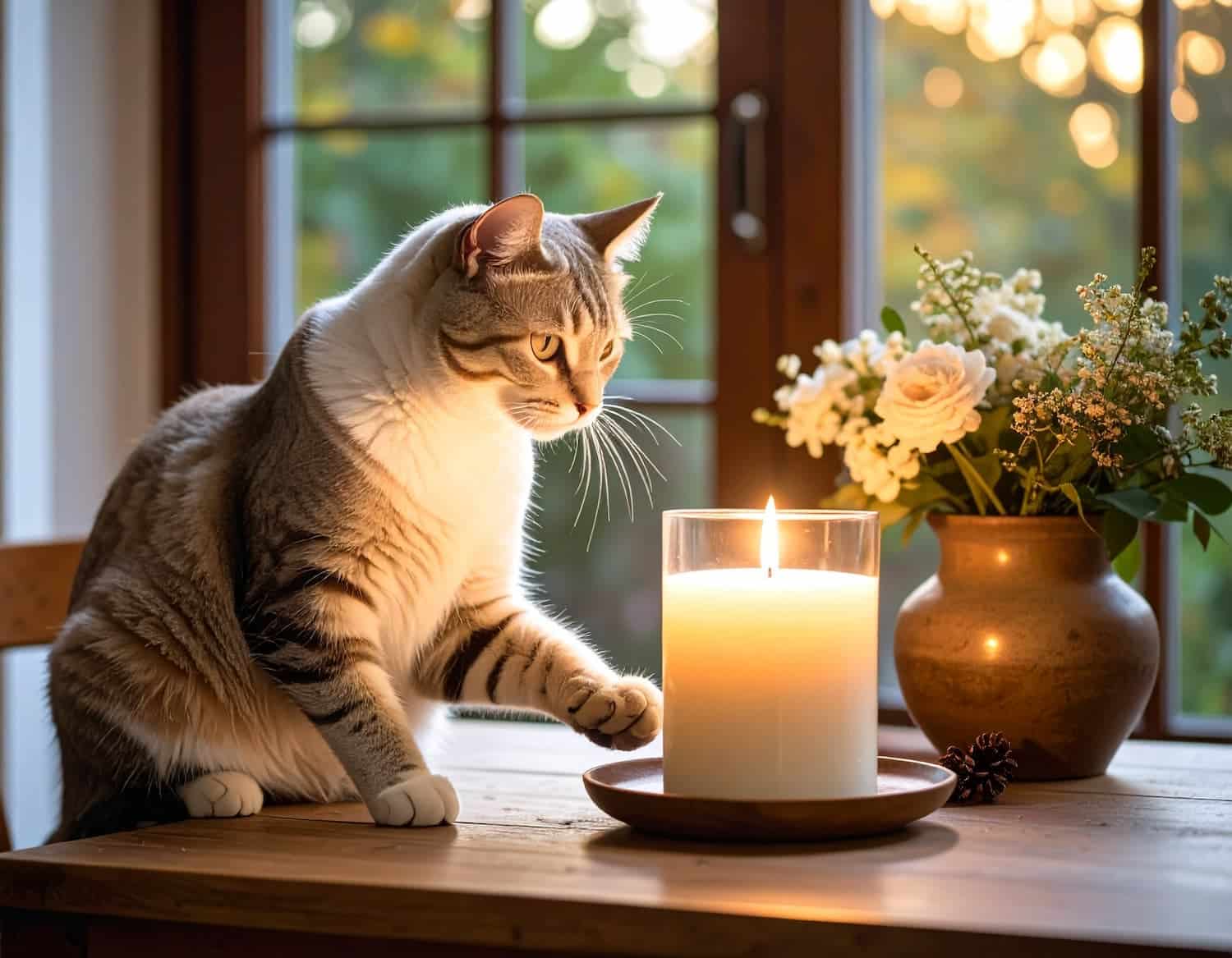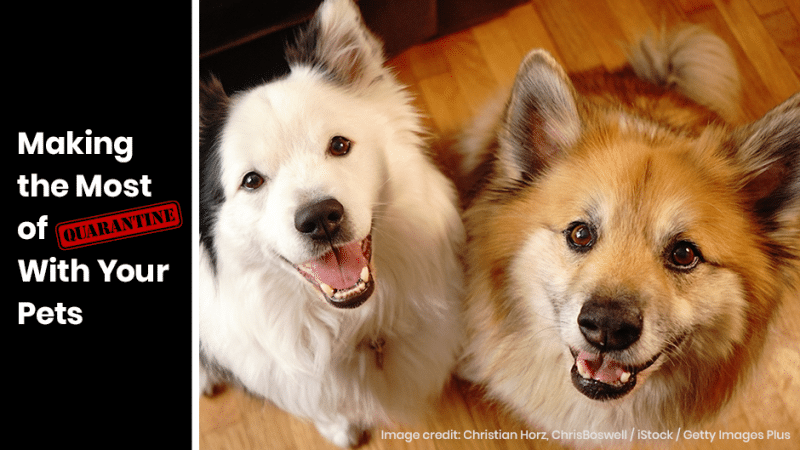
Curiosity Sparks Danger: How Pets Start Fires and What You Can Do To Prevent Them
Did you know that pets accidentally start nearly 1,000 house fires every year in the United States? It’s a scary thought, but it doesn’t have to be a reality in your home. Our furry companions are naturally curious and love to explore their surroundings, but sometimes their adventures can put them, and your entire household, at risk. The good news? With a little awareness and a few easy changes, you can protect your pets and keep your home safe from fire hazards.
Common Ways Pets Start Fires
Our pets don’t mean to cause trouble, but their playful or inquisitive behavior can easily lead to dangerous situations. Some of the most common ways pets accidentally spark fires include:
- Knocking over candles – Curious tails or paws can tip over lit candles, setting fire to furniture or drapes.
- Turning stove knobs – Cats or dogs climbing onto stoves can accidentally turn the burners on, igniting food or kitchen items nearby.
- Chewing on electrical cords – Puppies, kittens, and even adult pets might gnaw on cords, causing sparks or shorts that start fires.
- Jumping on appliances – Curious cats can knock items onto hot appliances or accidentally turn them on.
A simple mistake by your pet can have devastating consequences, but being aware of these risks is the first step toward prevention.
Recognizing Fire Hazards in Your Home
Every room has its own hidden fire hazards when pets are involved. Paying extra attention to these areas can help you make your home safer:
- Kitchen – Stoves and ovens are among the leading causes of pet-related fires. Consider removing stove knob covers when cooking and putting them back on immediately after.
- Living room – Open flames from candles and fireplaces can quickly turn dangerous.
- Bedrooms – Dangling lamp cords, electric blankets, and unattended candles pose serious risks.
Look around your home for items your pet could knock over, chew, or trigger without meaning to. Seeing the world from your pet’s perspective can reveal surprising hazards.
Fire Prevention Tips for Pet Owners
Preventing fires caused by pets doesn’t have to be complicated. These simple steps can dramatically reduce your risk:
- Use flameless candles – They provide the cozy glow without the danger of an open flame.
- Install stove knob covers – These inexpensive gadgets can prevent curious paws from turning burners on.
- Secure or hide electrical cords – Use cord organizers or covers to keep cords out of reach.
- Keep pets in a safe area when you’re not home – Use baby gates or pet gates to limit their access to your entire home.
- Post pet alert window clings – These inform firefighters how many pets live in your home, helping them save your pets during an emergency.
Small changes like these can make a big difference in keeping your pets and family safe.
Creating a Pet-Inclusive Fire Escape Plan
A fire escape plan is important for every household, but including your pets can mean the difference between life and death for them. Here’s how to make your plan pet-friendly:
- Keep leashes, collars, and carriers in an easy-to-access location near an exit.
- Make sure your pets’ microchip information is up to date in case you’re separated during an evacuation.
- If you experience a fire and your pet cannot be reached safely, get out and alert firefighters immediately. Never re-enter a burning building.
Planning ahead can help you act quickly and calmly when seconds count.
Keeping Your Pets Safe When You’re Not Home
Even the best pet parents can’t be home 24/7. Here’s how to minimize fire risks when you leave your pets alone:
- Double-check that candles are out and space heaters are turned off.
- Unplug unnecessary appliances and secure cords.
- Confine pets to areas free from appliances, cords and other fire hazards.
- Install monitored smoke detectors connected to emergency services so help can arrive even if you’re not there.
Taking a few extra minutes before you leave can give you peace of mind—and keep your pets safer.
Protect Your Curious Companions
Pets are family, and their safety matters. By understanding the ways pets can accidentally cause fires and taking a few simple steps to prevent them, you can make your home a safer place for everyone.
Image Credit: Adobe Firefly



